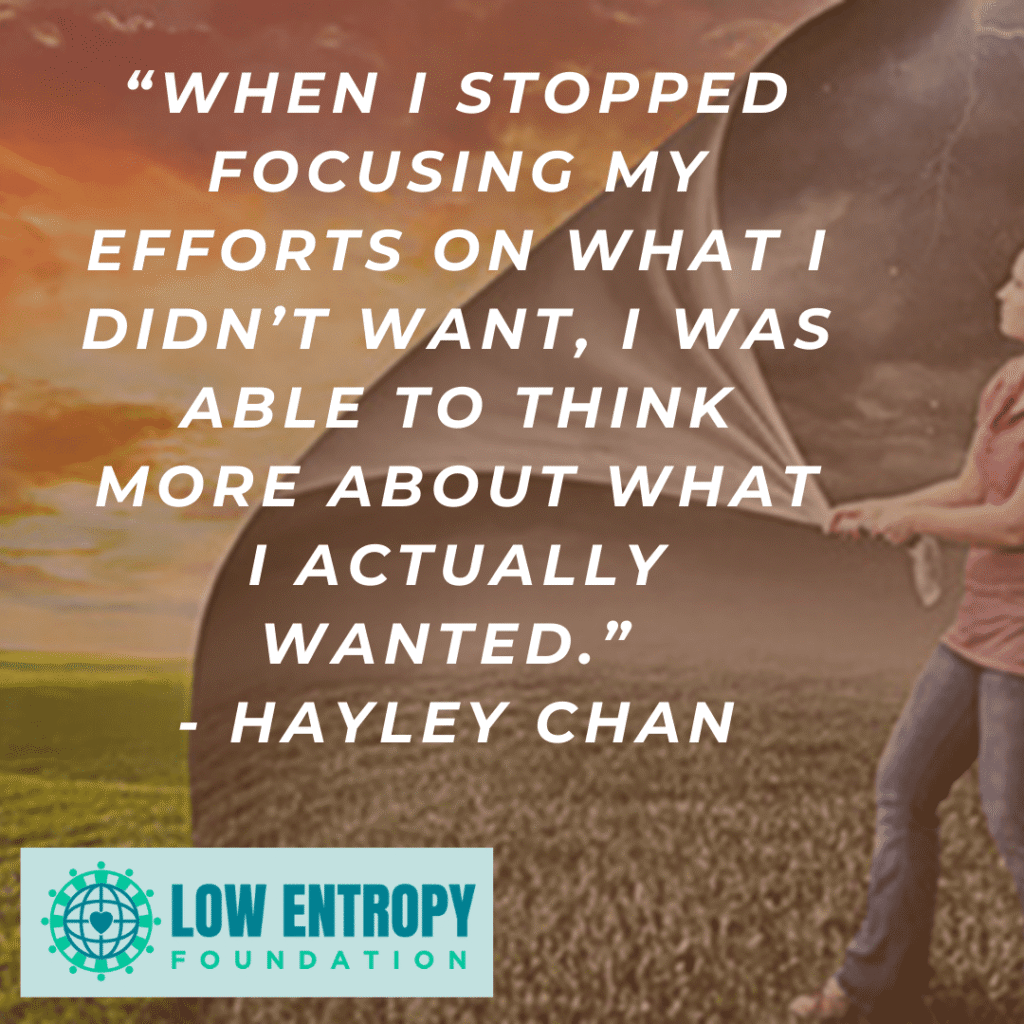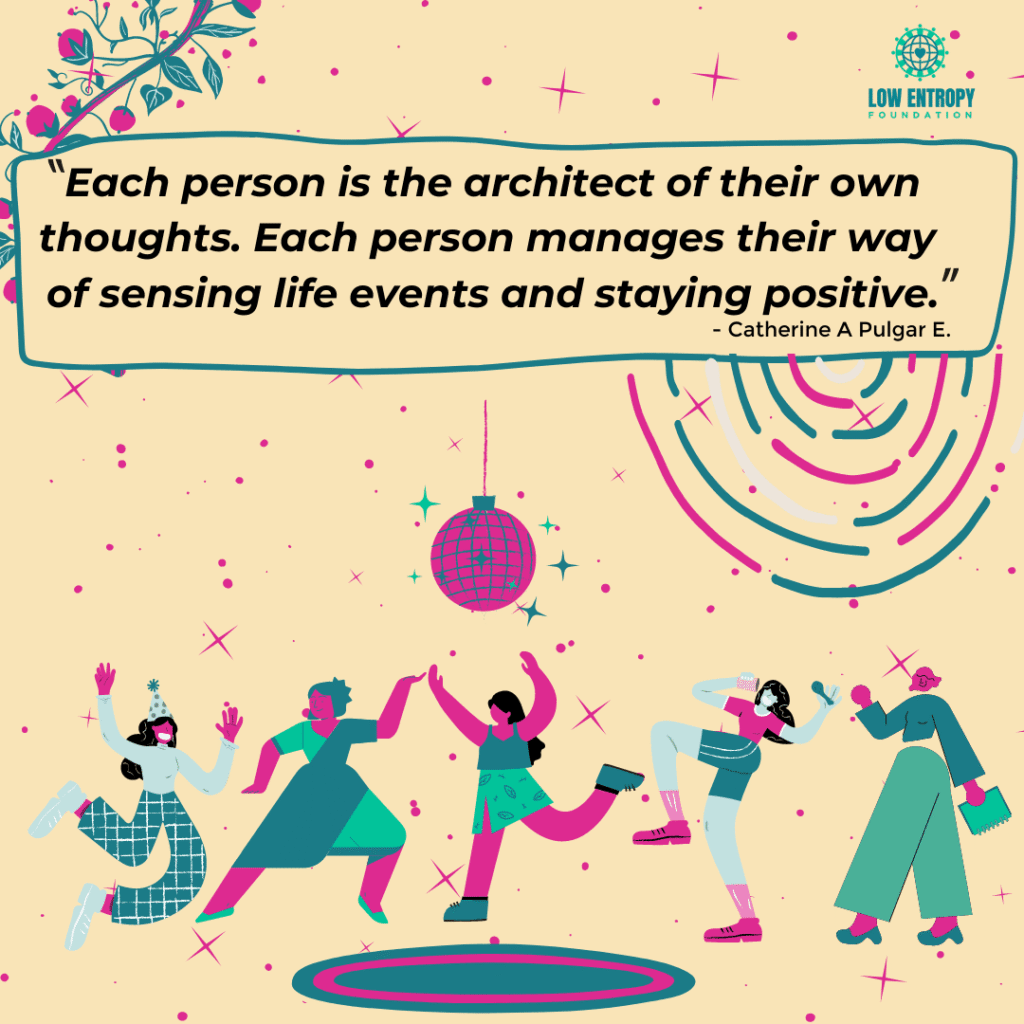Lessons from New Grad: Why you should try less

Hello, my name is Hayley Chan, and I am a recent Criminology graduate of Western University. As a passionate advocate of . . . Hey. My name is Hayley and I’ve been painstakingly Ctrl- C-ing & Ctrl -V- ing the same intro sentence across 71 different cover letters since September of 2020. As productive as […]
Can We Be the Leaders of Our Lives?

A Youth Empowering Youth meeting recap “Youth Empowering Youth is a program that aims to inspire young people to become leaders in the future. The core of this program is to provide a safe environment for a younger generation in which the participants can feel secure and confident to share their feelings and thoughts. Each […]
